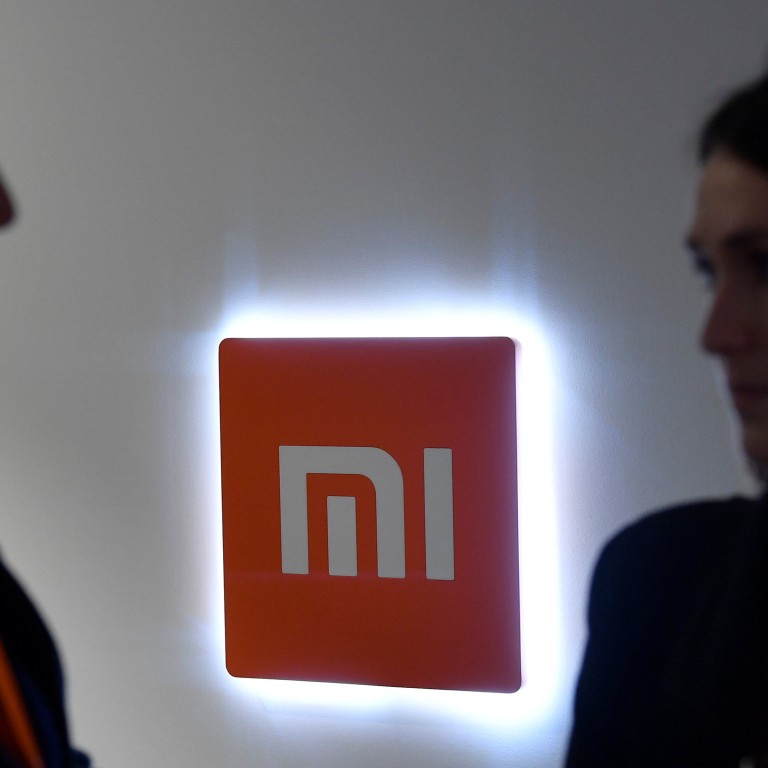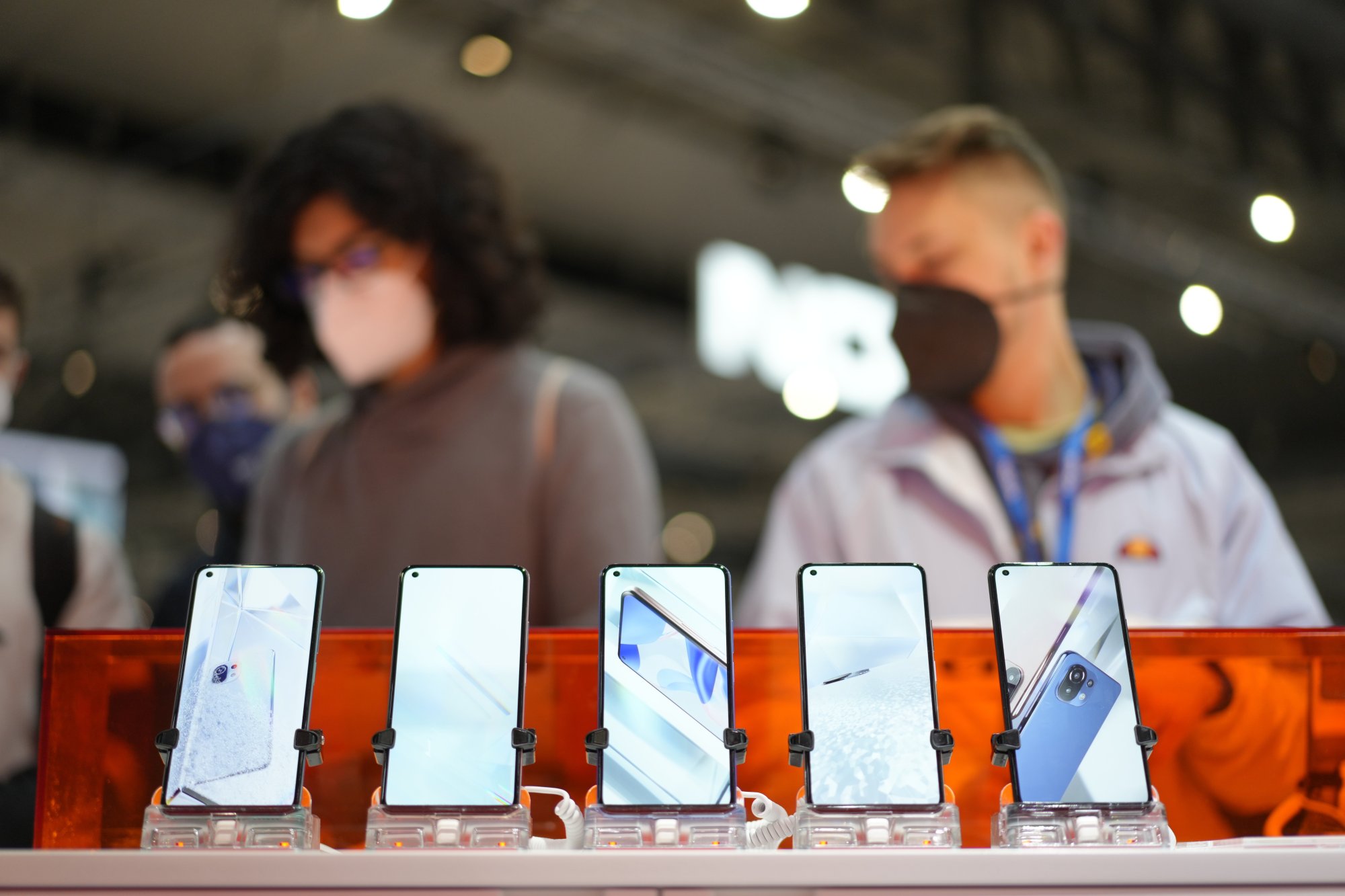
Ukraine puts Chinese smartphone giant Xiaomi, CEO Lei Jun on war sponsor list over business in Russia
- Ukrainian authorities have accused Beijing-based Xiaomi of continuing its sales of smartphones in Russia after its invasion in February 2022
- Sales of Chinese smartphones in Russia have jumped after Apple and Samsung left the market because of geopolitical developments
Ukraine’s anti-corruption watchdog has put Chinese smartphone maker Xiaomi, its founder and CEO Lei Jun, as well as a dozen other company executives on its list of “international war sponsors”, accusing the Beijing-based firm of maintaining business in Russia despite its military actions.
“The reason for inclusion in the list … was that the company not only continued its work in the Russian Federation after the full-scale invasion [of Ukraine], but is still the leader in smartphone sales in the terrorist state,” Ukraine’s National Agency on Corruption Prevention (NACP) said in the statement on Thursday.
“Xiaomi Corp is sponsoring the military aggression of a terrorist state and must bear both the reputational and legal consequences of its actions,” the NACP added.

Xiaomi on Friday denied that it supports any war actions. It said it adheres to all laws and regulations in every jurisdiction it operates.
“Xiaomi is a consumer electronics company, offering products solely for civilian and commercial use,” the company said in response to a Post inquiry. “We believe that every consumer in the world has the right to access communication tools and information on the internet … Our mission is to let everyone in the world enjoy a better life through innovative technologies.”
By the end of last year, Xiaomi was the top smartphone vendor in Russia, holding more than half of the market, according to a report by CNN citing data from Counterpoint Research. That compares with the third quarter of 2021, when Xiaomi had a market share of 26 per cent, trailing Samsung’s 34 per cent, according to data from market research firm IDC.

The addition of Xiaomi brings the number of companies on Ukraine’s war sponsor list to 22, including state-owned builder China State Construction Engineering Corp and US consumer goods giant Procter & Gamble. Currently, no other Chinese smartphone vendor besides Xiaomi is on the list.
Entities that appear on the list will be entered in the World-Check database run by America-British data provider Refinitiv, helping global financial institutions keep track of high-risk individuals and organisations, according to the NACP website.

Despite the anti-war sentiment in Europe, Xiaomi’s share of the market was expected to continue to grow, aided by its strong online sales channel, according to a research note by Fitch Rating on Thursday.

